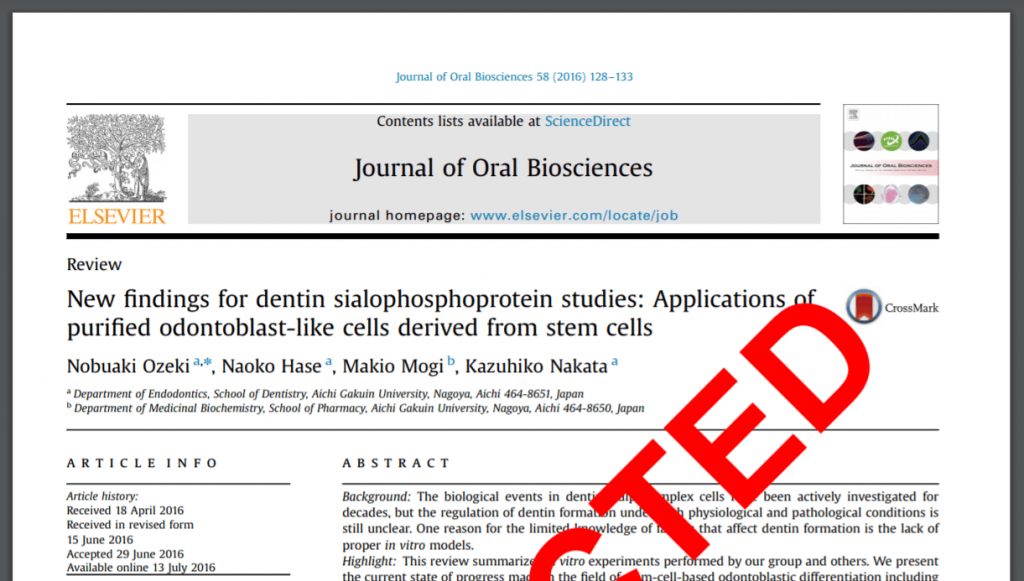
Britney Spears has, as Retraction Watch readers no doubt know, been in the news a great deal lately, as the battle over her father’s “broad control over her life and finances” plays out in court. But a science fiction story about Spears that published in Nature in 2008 — the year Spears’ father was appointed her conservator — has prompted apologies from its author and the journal.
The story, which appeared in a section of the journal called Nature Futures, is titled “When Britney Spears comes to my lab.” It begins:
When Britney Spears comes to [Louisiana State University] LSU she’ll be wearing a silver strapless stretch top that doesn’t show too much of her belly (unless she actually moves her arms), and black Capri pants with a little dip in the waistband.
That and other passages in the piece — in which Spears goes on to earn a PhD from Harvard and discover a treatment for diabetes — caught the attention of more than 1,000 Twitter users since Friday. Many questioned why Nature would publish it. An example:
Continue reading Britney Spears story prompts apology from Nature and author






